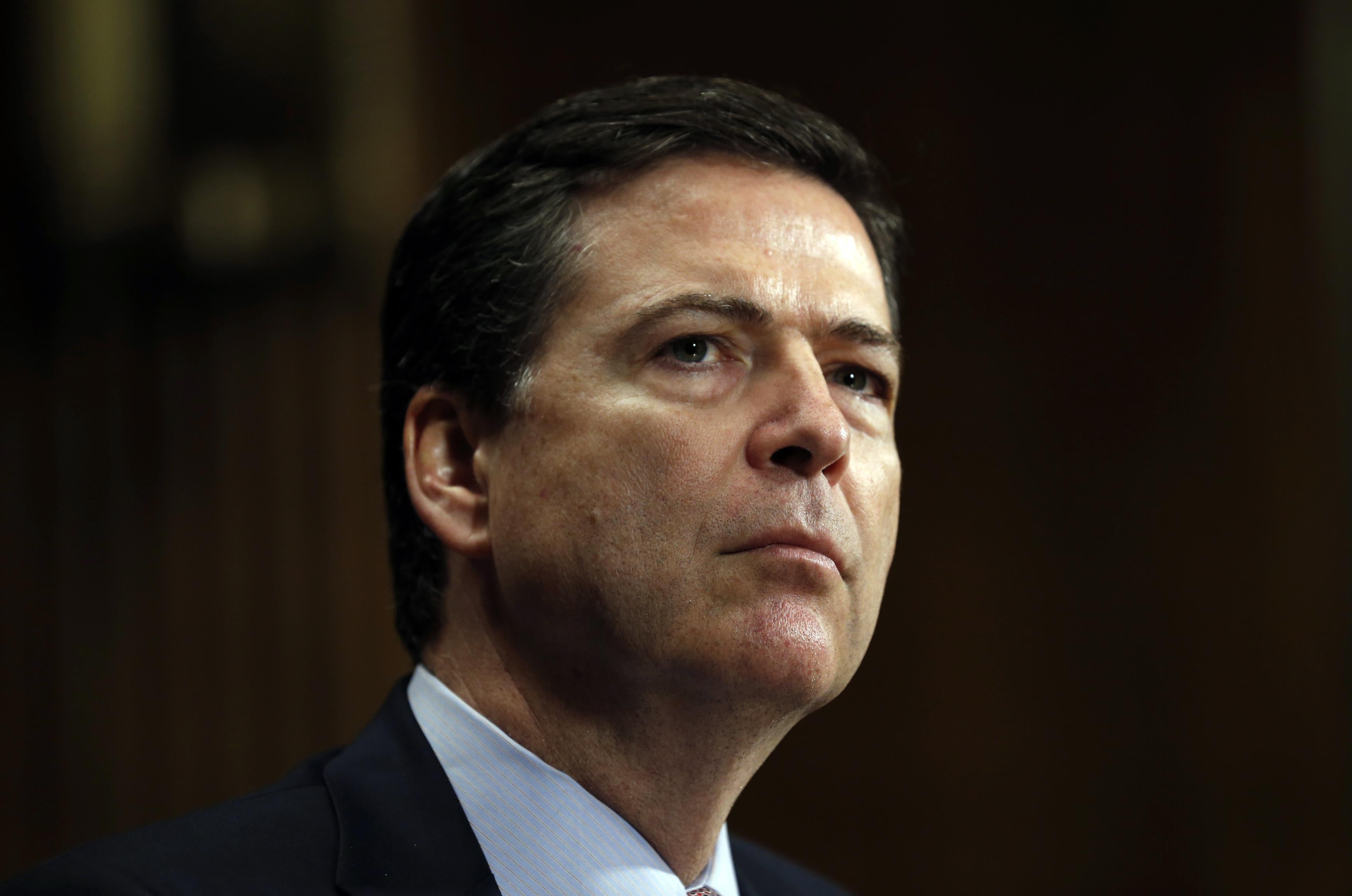Speaking at Georgetown University today, FBI Director James Comey said that American law enforcement officers can be racially biased and have a history of discriminating against black citizens—and asserted that the FBI needs to do a better job collecting comprehensive data on police killings and other uses of force against suspects nationwide.
Comey’s remarks acknowledged that authorities have often protected the interests of white Americans by discriminating against blacks: “At many points in American history, law enforcement enforced the status quo, a status quo that was often brutally unfair to disfavored groups.” It’s not a controversial point, objectively, but in the hyperbolic world of post-Ferguson police/race discourse, it’s a notable one for a law enforcement official to be making in public—particularly a white official like Comey who worked at the Justice Department as John Ashcroft’s deputy during the Bush administration.
Comey also attested to research that “points to the widespread existence of unconscious [racial] bias” among Americans and said that even officers “of good will” can develop unjustified prejudices and habits of racial profiling. “We need to come to grips with the fact that this behavior complicates the relationship between police and the communities they serve,” Comey said, ading that officers need “to know, deep in our gut, what it feels like to be a law-abiding young black man walking on the street and encountering law enforcement.” (In an Obama-esque “but on the other hand” rhetorical move, Comey added that Americans need to acknowledge that police are “not the root cause of problems in our hardest hit neighborhoods,” citing the importance of “role models, adequate education, and decent employment” in preventing violence.)
The FBI director’s comments were for the most part generalities, but he did say that his own organization needs to significantly improve the records it keeps on police shootings and uses of force. There is no comprehensive national database of information on such events, and Comey echoed critics like Slate’s Josh Voorhees in describing that failure, asking, “How can we address concerns about ‘use of force’ policies and officer-involved shootings if we do not have a firm grasp on the demographics and circumstances of such incidents?” (He didn’t elaborate on how that might be accomplished other than saying the FBI will be “a leader” in “urging departments around the country to give us the facts we all need.”)
